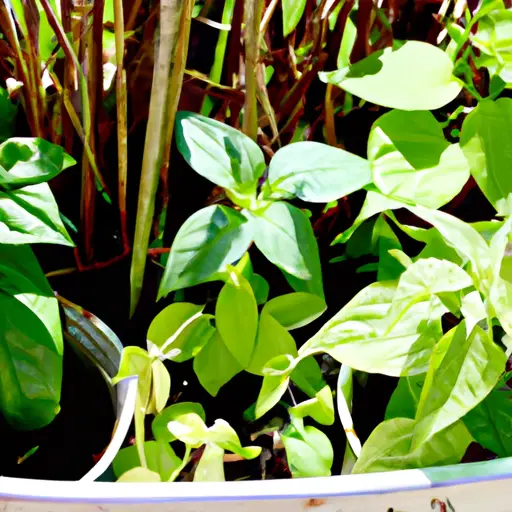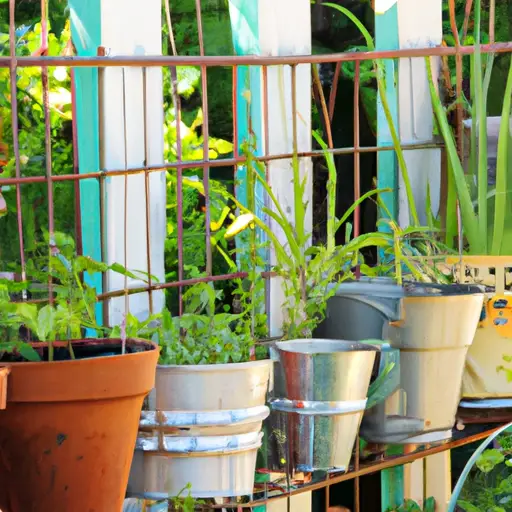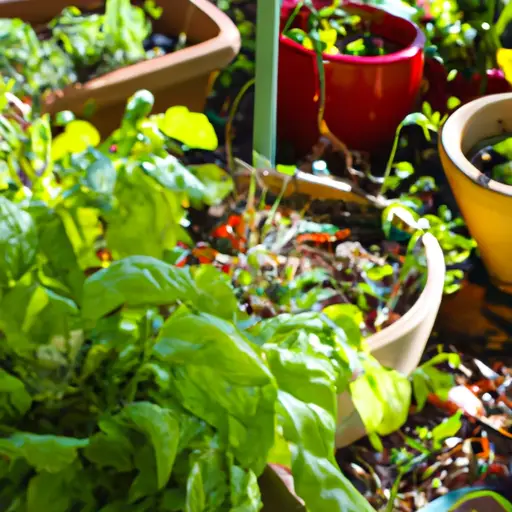Eco-Friendly Container Gardening: Sustainable Practices for Greener Homes
Container gardening is a versatile and practical way to bring greenery into our homes, especially for those who lack the space for traditional gardens. With the increasing awareness of environmental concerns, many people are turning to eco-friendly practices in all aspects of their lives, including gardening. In this article, we will explore sustainable practices for creating an eco-friendly container garden that will not only beautify our homes but also contribute to a greener planet.
1. Opt for Organic Soil and Fertilizers
The foundation of any successful container garden is the soil. Choosing organic soil ensures that harmful chemicals and pesticides are not leached into the environment. Additionally, organic fertilizers are derived from natural sources and provide vital nutrients to your plants without introducing harmful toxins.
2. Use Recycled or Upcycled Containers
Reduce your carbon footprint by repurposing items you already have or using recycled containers as planters. Old buckets, wooden crates, or even used tires can be transformed into unique containers for your plants. Be creative and give new life to items that would otherwise end up in landfills.
3. Select Native or Adaptive Plants
Choosing plants that are native to your region ensures they are well adapted to the local climate and require less maintenance. Native plants also provide food and shelter for local wildlife, promoting biodiversity in your area.

4. Conserve Water
Water scarcity is a growing concern worldwide, so it’s essential to conserve water in every way possible. One way to do this is by installing a drip irrigation system that delivers water directly to the roots of your plants. This method minimizes wastage caused by evaporation or runoff.
5. Harvest Rainwater
Rather than relying solely on tap water, harvest rainwater through rain barrels or collection systems. Rainwater is naturally free of chemicals such as chlorine found in tap water, making it better suited for watering your plants. By utilizing rainwater for your container garden, you not only conserve water but also reduce your water bill.
6. Implement Companion Planting
Companion planting is an age-old practice where certain plants are grown together to enhance growth and deter pests naturally. For instance, marigolds can be planted alongside vegetables to repel harmful insects, reducing the need for chemical pesticides.
7. Integrate Beneficial Insects
Invite beneficial insects such as ladybugs, lacewings, and bees into your garden to assist with pollination and control pests naturally. These insects play a crucial role in maintaining a healthy ecosystem and reduce the need for harmful chemical interventions.
8. Composting Organic Waste
Start a composting system to recycle kitchen scraps, yard waste, and fallen leaves into nutrient-rich compost for your container garden. Composting not only reduces waste that would otherwise end up in landfills but also provides free organic fertilizer for your plants.

9. Practice Natural Pest Control
If pests become an issue in your container garden, opt for natural pest control methods before resorting to chemical pesticides. Try using organic insecticidal soap or homemade sprays made from garlic or neem oil to protect your plants without harming beneficial organisms.
10. Support Local Nurseries
When purchasing new plants or seeds for your container garden, support local nurseries that prioritize sustainable practices. Locally grown plants are more likely to be adapted to the local climate, reducing the need for excessive watering or extra care.
In conclusion, eco-friendly container gardening allows us to create beautiful green spaces within our homes while contributing positively to the environment. By adopting sustainable practices such as using organic soil and fertilizers, repurposing containers, conserving water, companion planting, integrating beneficial insects, composting waste, practicing natural pest control methods, and supporting local nurseries – we can make a significant impact on creating a greener planet one container garden at a time.













